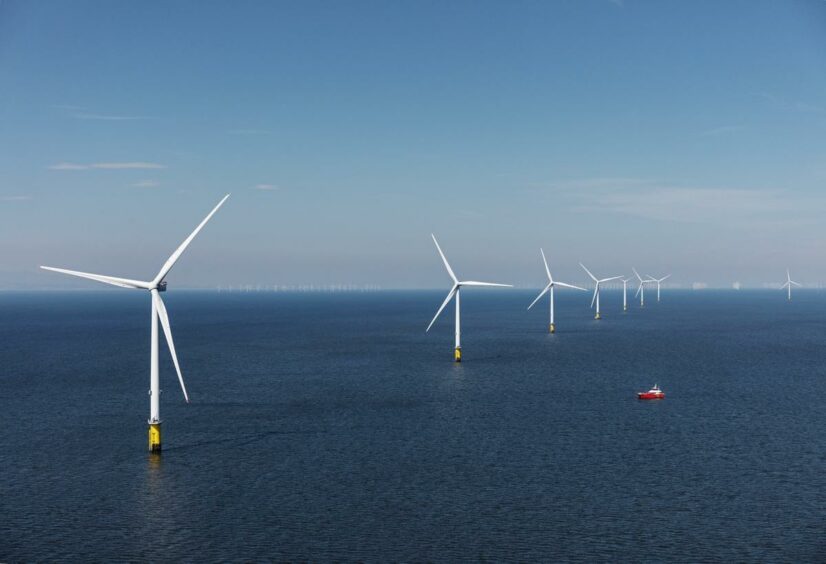
Orsted (CPH: ORSTED) will benefit from permanent tax breaks announced by UK Chancellor Jeremy Hunt in an effort to support the country’s business in the shift to clean energy.
Capital allowances on investments — a form of tax relief designed to ease upfront costs — will remain in place. This means companies can reduce their tax by as much as 25p for every £1 ($1.2) they spend on plants and machinery, according to Wednesday’s Autumn Statement. It’s the latest sign that governments are taking notice of the crisis engulfing the global offshore wind sector, which is key to Britain’s transition strategy.
The Danish wind developer is under pressure to make a final investment decision on the 2.8-gigawatt Hornsea-3 wind farm off the coast of Norfolk, its largest development in the pipeline. At the same time, it’s working to bolster its balance sheet after project writedowns and losses.
“Making the measure permanent should now encourage such projects to go ahead,” the Association for Renewable Energy and Clean Technology said in emailed comments. “Further green tax incentives should be considered to ensure that business investment is aligned to the growing of a green net zero economy.”
For Orsted’s Hornsea-3, the full extension of the capital allowances would equate to about 4% to 5% of the company’s current market value, considering an average cost of capital of 7%, according to a note from analysts at Jefferies International Ltd including Ahmed Farman published on Tuesday. Last week, the researchers cut their recommendation on the company to hold from buy.
The UK’s tax announcement comes after the country took direct action to help with funding, bumping up the support price for new offshore wind farms. Governments around Europe are also taking measures to keep investment flowing to the industry, which is a key part of the climate transition and crucial for countries to achieve their net zero targets.
Germany’s EnBW Energie Baden-Wuerttemberg AG, which is involved in projects off the coast of the Irish Sea and Scotland, has also welcomed Hunt’s measures.
“This will make a meaningful impact on accelerating our efforts to deliver the offshore wind generation that will boost energy Britain’s security, help reduce energy price volatility, and meet our ambitions on net zero,” said Damien Zachlod, managing director at EnBW Generation UK.
Windfarm developers have argued that rising interest rates and supply-chain costs were putting the viability of some new projects in doubt, Bloomberg previously reported. Orsted recently announced a $4 billion impairment linked to abandoned wind projects in the US that contributed to its worst quarterly loss since at least 2015 — when the firm was called Dong Energy A/S and focused more on fossil fuels and conventional electricity.
The tax breaks will also benefit Sweden’s Vattenfall AB. The developer shelved the 1.4-gigawatt Norfolk Boreas over the summer on concerns about profitability, but said it may still hold on to the project off England’s east coast if conditions improve.
Recommended for you
